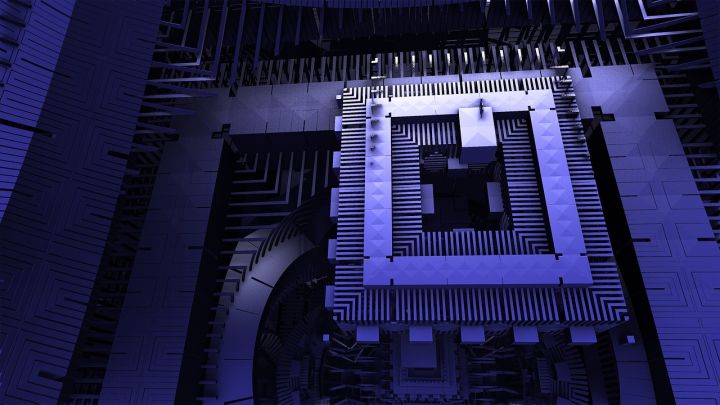Are Smart Contracts Changing the Digital Landscape?
Smart contracts have been gaining significant attention in recent years, revolutionizing the way transactions are conducted in the digital landscape. These self-executing contracts, powered by blockchain technology, have the potential to streamline and automate various processes, reducing costs and increasing efficiency. In this article, we will explore the impact of smart contracts on the digital landscape and discuss how they are transforming industries.
The Basics of Smart Contracts
Before delving into their impact, let’s first understand what smart contracts are. Smart contracts are computer programs that automatically execute predefined actions when specific conditions are met. These contracts are stored on a blockchain, ensuring transparency and security. Unlike traditional contracts, smart contracts eliminate the need for intermediaries, such as lawyers or banks, as they are self-executing and self-enforcing.
Efficiency and Automation
One of the key advantages of smart contracts is their ability to automate processes, leading to increased efficiency. Traditional contracts often involve time-consuming manual tasks, such as document handling and verification. With smart contracts, these tasks can be automated, saving time and resources. For example, in the real estate industry, smart contracts can automate property transfers, eliminating the need for intermediaries and reducing the time it takes to complete transactions.
Transparency and Security
Smart contracts are stored on a blockchain, a decentralized and immutable ledger. This provides transparency and security, as every transaction is recorded and cannot be altered. This level of transparency reduces the risk of fraud and ensures that all parties involved have access to the same information. Additionally, the use of cryptography in smart contracts enhances security, making them resistant to hacking and tampering.
Financial Services and Banking
Smart contracts have the potential to disrupt the financial services and banking industry. Traditionally, financial transactions involve multiple intermediaries, resulting in high costs and delays. Smart contracts can streamline these processes by automating tasks such as identity verification and compliance checks. This can significantly reduce costs, increase speed, and improve the overall customer experience. Additionally, smart contracts can enable the creation of decentralized financial applications (DeFi), providing individuals with more control over their finances.
Supply Chain Management
Another area where smart contracts are making a significant impact is supply chain management. Supply chains are often complex and involve multiple parties, making it difficult to track and verify the movement of goods. Smart contracts can automate and streamline these processes, ensuring transparency and traceability. For example, in the food industry, smart contracts can be used to track the origin and journey of products, reducing the risk of contamination and ensuring quality control.
Intellectual Property
Smart contracts can also revolutionize the way intellectual property is managed and protected. Intellectual property rights are often complex and require extensive legal processes for enforcement. Smart contracts can automate the licensing and royalty payment processes, ensuring that creators are fairly compensated for their work. Additionally, the transparency of smart contracts can help prevent copyright infringement, as the ownership and usage rights of intellectual property can be easily verified.
The Future of Smart Contracts
As smart contracts continue to evolve, their potential applications are expanding. From healthcare to voting systems, the possibilities are endless. However, challenges such as scalability and regulatory frameworks need to be addressed for widespread adoption. Despite these challenges, the benefits of smart contracts are undeniable, and they are already transforming industries.
In conclusion, smart contracts are changing the digital landscape by streamlining processes, increasing efficiency, and enhancing security. With their ability to automate tasks and eliminate intermediaries, smart contracts have the potential to revolutionize industries such as financial services, supply chain management, and intellectual property. As smart contracts continue to mature, their impact will likely become even more significant, shaping the future of the digital economy.






